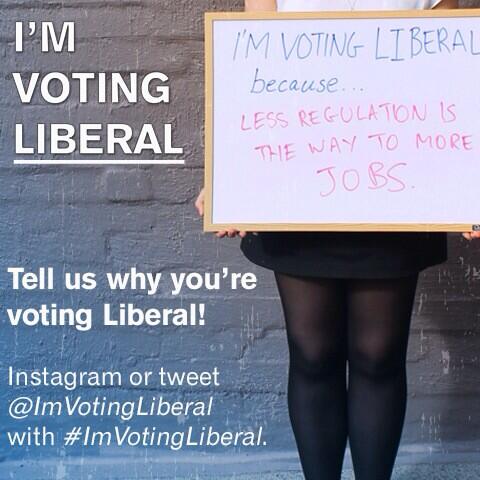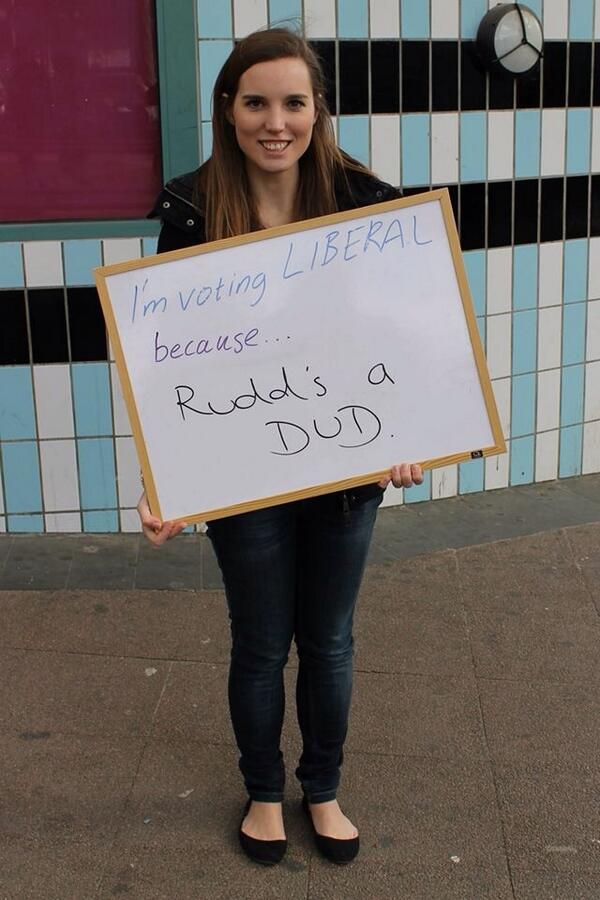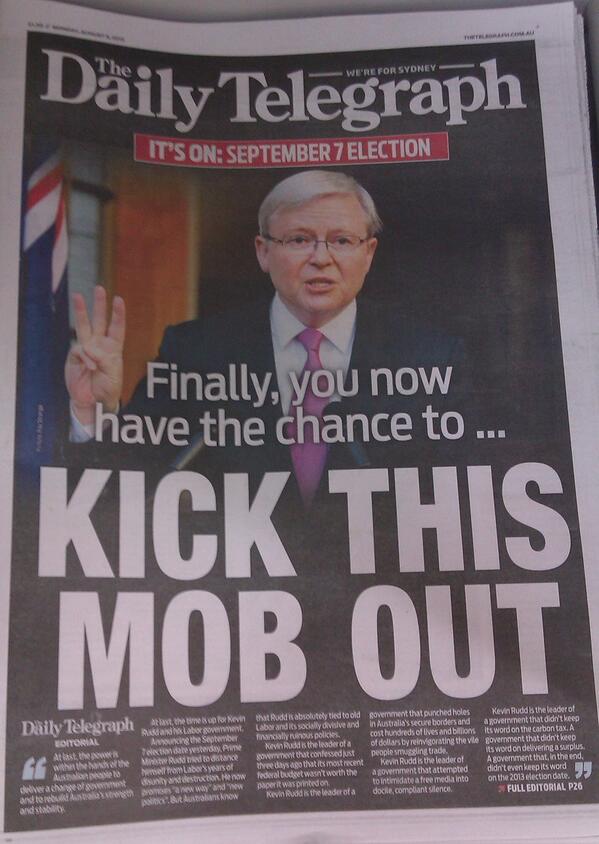In the absence of such a response, the problem is that this regime could then take succour that it could do this again."
- PM Kevin Rudd, 29th Aug 2013
I think it's pretty obvious that if a chemical weapons attack upon its own people has been carried out by the Syrian Assad regime, then that's obviously a horrible horrible thing and an appropriate response needs to be made. The problem doesn't lie in recognising that this is a very bad thing, the problem is the gambit pileups which are going on.
A gambit in chess is when you play a trap, hoping that the other player will fall for it.
A regular Gambit Pileup involves complicated plans where I trick you into manipulating me who then manipulates you into manipulating me who then manipulates you. A Batman Gambit is a complicated plan that revolves entirely around people doing exactly what you'd expect them to do, like Batman.
A Sixty Batman Gambit Pileup... is sixty kinds of bad.
The United States is two parties divided against itself. You have Republicans who think it's a good idea, Republicans who think it's a bad idea, Democrats who think it's a good idea and Democrats who think it's a bad idea. The House and the Senate are currently cut right across party lines and getting anyone to agree on anything might well prove impossible.
Congress 113 is as dysfunctional as Congress 112 which managed to pass even less legislation than Congress 80 which was nicknamed the "Do Nothing Congress" by President Harry S. Truman.
On top of this is this rather glaringly obvious provision in the US Constitution as pointed out by Senator Rand Paul:
http://www.politico.com/story/2013/08/rand-paul-syria-security-connection-96000.html
"The United States should condemn the use of chemical weapons. We should ascertain who used the weapons and we should have an open debate in Congress over whether the situation warrants U.S. involvement. The Constitution grants the power to declare war to Congress not the President."
- Senator Rand Paul, via Politico, 28th Aug 2013
Article 1, Section 8 provides that the Congress specifically has the exclusive power to declare war. There's also the 60 day in which forces can be deployed with a 30 day pull out period without without congressional approval. This provision met with howls of derision from Congress 112 and calls to impeach President Obama during the strikes on Libya in 2011.
Of course actually doing anything to Syria might be akin to poking a hornet's nest. I can pretty much guarantee that Hezbollah for instance would take US intervention as an offence and they're wacky enough to attack Israel in retaliation.
http://www.jpost.com/Middle-East/Hezbollah-If-Assad-is-threatened-we-will-hit-Israel-324612
“In the event of a qualitative strike that aims to change the balance of power in Syria, Hezbollah will fight on 'various fronts'. However, if the Western attack is limited to certain targets in Syria, then, Hezbollah will not intervene”
- Jerusalem Post, 29th Aug 2013
Even though the Arab League basically slammed Assad for the gas attack on Tuesday I think that's only them trying to take out political cover against an impending Sixty Batman Gambit Pileup - even Risk players know that the Middle East is impossible to hold.
But there's an even more bonkers and wackier player out there and they come in the form of Hassan Rouhani of Iran:
http://abcnews.go.com/US/repercussions-us-military-strike-syria/story?id=20093229
Iranian leaders also issued strong rhetoric in recent days, warning the U.S. to stay out of the conflict in Syria and threatening to retaliate against Israel in response to any military meddling. One official was quoted in Iran's Fars news service saying that Iran would "flatten the place (Israel) that is tied to the U.S.'s national security."
- ABC News (America), 29th Aug 2013
“In case of a U.S. military strike against Syria, the flames of outrage of the region’s revolutionaries will point toward the Zionist regime,”
- New York Times, 28 Aug 2013
So let me get this straight, if western powers attack Syria for its use of chemical weapons... then Iran who isn't part of this argument, then attacks Israel who is also not part of this argument. Forgive my complete lack of understanding here but I just don't see the logic of this at all, other than that Hassan Rouhani is just as bonkers as the guy he replaced as leader of Iran.
This gets even weirder:
http://www.telegraph.co.uk/news/worldnews/middleeast/syria/10275158/Syria-crisis-No-to-war-blow-to-Cameron.html
Dozens of Conservative MPs refused to support the Prime Minister and sided with Labour in opposing a Government motion which supported the principle of military intervention. The motion backing the use of force "if necessary" was rejected by 285 votes to 272, a majority of 13 votes.
It is the first time that a British Government has been blocked from executing a military deployment and highlights the deep mistrust of official intelligence in the wake of the Iraq war.
- The Telegraph, 29th Aug 2013.
I found this remark most revealing by the leader of the Labour Party, Ed Milliband:
“I am very clear about the fact that we have to learn the lessons of Iraq. Of course we have got to learn those lessons and one of the most important lessons was indeed about respect for the United Nations. I do not rule out supporting the Prime Minister but I believe he has to make a better case than he did today.”
There are of course major differences between 2003 and a decade later.
In 2003 Labour had 413 of 641 seats; and had a spillover of 92. In 2013, Mr Cameron heads a coalition and of 650 seats, the Tories only hold 306; by themselves they're short by 19.
Would going into another war be enough to break the coalition between the Tories and the LibDems? Admittedly if the Lid-Dems were to switch their alliance to Labour, the new coalition would still be short by 10 seats on the floor and whilst that's not enough to form a new government, it might be good enough to cause a vote of no confidence or a loss of supply. If either of those were to happen, then that is the end of the current term of government and a general election might not return Cameron as PM.
On top of all this, it doesn't matter which way you try to unravel the explanation of everyone's response on the outside of Syria (which is chaotic and bonkers), there isn't even a proper explanation of what's going on inside because there's an evil government and several intertwined religious conflicts going on at the same time.
There's at least the Syrian government, the People's Army, the Free Syrian Army, the Syrian Islamic Liberation Front, Al-Abbas, Al-Tawhid, the Iranian Revolutionary Guards, Hezbollah, the Syrian Islamic Front and a loose association of the Democratic Union Party, and that's all that's mentioned in this one article I've just read.
Meanwhile, even if there are or aren't any chemical weapons used, there still are conventional weapons used against ordinary people and that in itself is a stupid and pointless waste of money and more importantly, people's lives.
"It is an offence against humanity and arguably is a crime against humanity."









